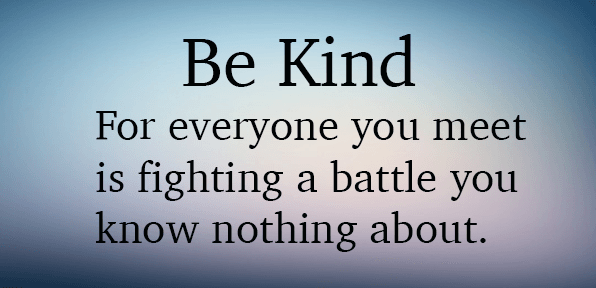BE ABOUT IT

Millions of consumers get health information from magazines, TV or the Internet. Some of the information is reliable and up to date; some is not. How can you tell the good from the bad?
First, consider the source. If you use the Web, check to see who runs the site. Is it a branch of the government, a university, a health organization, a hospital, or a business? Focus on quality. Does the site have an editorial board? Is the information reviewed before it is posted? Be skeptical. Things that sound too good to be true often are. You want current, unbiased information based on research.
And even “research” can trick us. Take ‘The Seven Countries’ Study for example.
In 1958, an American scientist, Ancel Keys, started a study called the Seven Countries Study, which examined the association between diet and cardiovascular disease in 7 different countries. This study implicated fat as a cause of cardiovascular disease and shaped the United States dietary guidelines for a few decades.
The study revealed that the countries where fat consumption was the highest had the most heart disease, supporting the idea that dietary fat caused heart disease.
The problem is Keys left out important information that did not support his theory, a process called cherry picking, which made his study seem more credible than it actually was.
This flawed study produced the ‘Lipid Hypothesis’ and gained massive media attention. The science (or lack thereof) behind the study was then adopted by the United States government. Why is this important? This idea that saturated fat causes heart disease was the foundation of the modern nutrition policy. It was the reason health authorities turned away from a higher fat diet rich in animal foods, towards a low-fat, high-carb diet with plenty of grains.
In 1977 the National Institutes of Health officially recommended that all Americans over the age of 2 should eat less fat. By that time, fat had become this “greasy killer” and the model American breakfast of eggs and bacon was well on its way to becoming a bowl of Wheaties with low-fat milk, a glass of orange juice and toast, hold the butter - a questionable feast of refined carbohydrates.
Be skeptical. Things that sound too good to be true often are. You want current, unbiased information based on research.
Yikes! That is so far from what we now consider a healthy breakfast.
So why have I told you all this information? To make you really question the source of your dietary information. How do you know you can trust the information given to you?
Some simple advice I can give you is: Look at the resource carefully.
Is it up to date? Whose name is on it and who provides it? Where did this information come from? Is the information accurate?
By asking yourself these few questions you can get more accurate information and make a better decision for dietary needs. So go ahead, enjoy the eggs and bacon before some other study proves to us it’s a bad choice.


